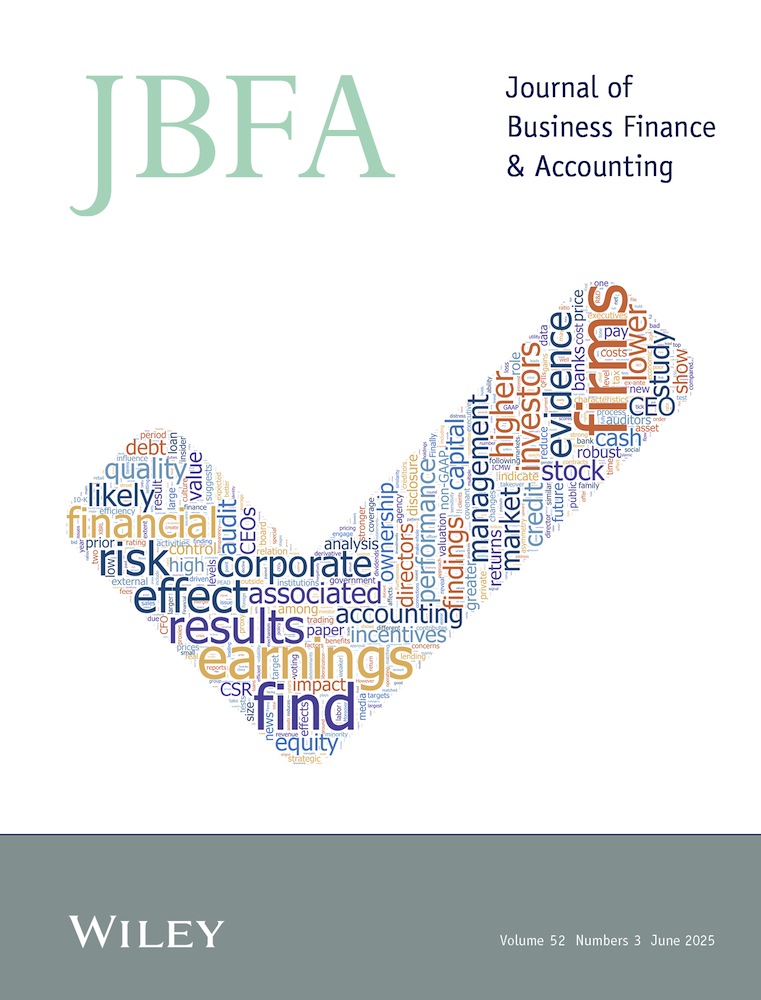The Importance of Luck in Executive Promotion Tournaments: Theory and Evidence
Funding: The authors received no specific funding for this work.
ABSTRACT
We empirically test whether executives’ increases in base salary when promoted to Chief Executive Officer (CEO) result from the wage bids of competing firms (i.e., “market-based tournaments”) or from the strategic choices of the firm's board of directors to elicit optimal executive incentives (i.e., “classic tournaments”). Our test emphasizes the effect of the “importance of luck” (i.e., the variance of luck) on the pay raises that accompany promotion. Specifically, we focus on how that effect differs between the two types of tournaments. An estimated negative relationship between the importance of luck and the executive salary spread supports market-based tournaments, whereas a positive relationship supports classic tournaments. The results are non-monotonic in firm size. Executive tournaments in both the bottom 13% of firms (i.e., total assets below $376 million) and the top 2.5% of firms (i.e., total assets above $112 billion) are more consistent with classic tournaments, whereas the nearly 85% in the middle of the distribution of firm size are more consistent with market-based tournaments. Also, controlling for firm size, highly concentrated product markets are more consistent with market-based tournaments. Extending market-based tournament theory to allow executives to choose the luck variance reveals that executives infuse their tournaments with a high luck variance, which lowers the expected pay differential and depresses incentives.
Open Research
Data Availability Statement
The data that support the findings of this study are available from WRDS. Restrictions apply to the availability of these data, which were used under license for this study.




